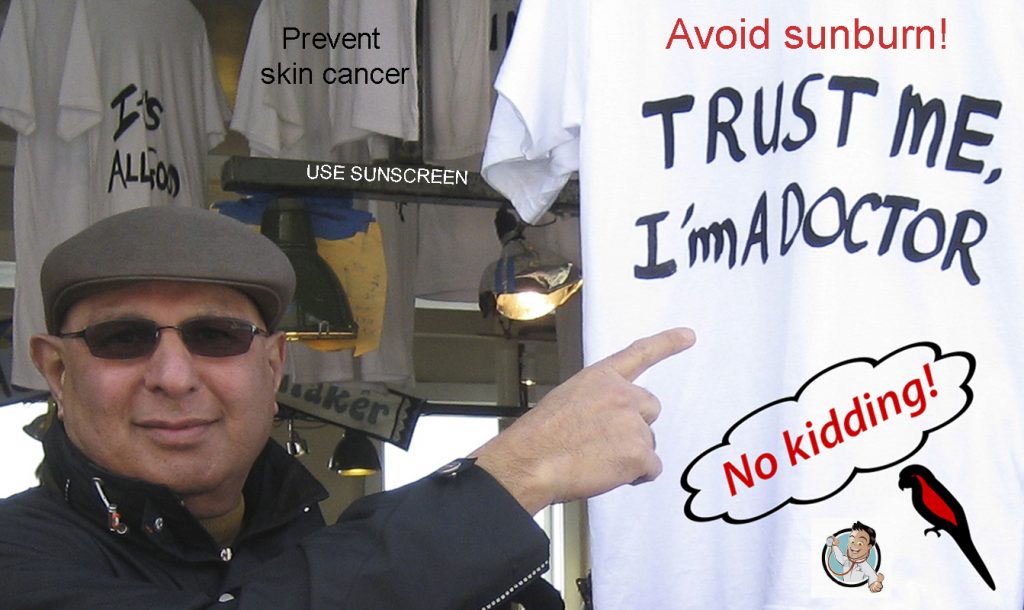You have seen the commercials about genetic testing. I am sure you have been tempted to get the test done for yourself. Then you ask, “How much do I want to know about the unknown?” Well, read-on and find out.
Genetic testing involves examining your DNA. DNA is the chemical database that carries instructions for your body’s functions. Genetic testing can reveal changes in your genes that may cause disease. Remember, genetic testing is not perfect.
Different types of genetic testing are done for different reasons. There are at least seven different reasons why DNA test would be indicated. These are: diagnostic testing, presymptomatic and predictive testing, carrier testing, pharmacogenetics, prenatal testing, newborn screening, and preimplantation testing.
A positive test does not always mean you will develop a disease. A negative result does not guarantee you won’t have a certain disorder. If you plan to take the test then you should know what you plan to do with the results.
What are the advantages of genetic testing?
- Genetic testing plays a vital role in determining the risk of developing certain diseases as well as screening and sometimes medical treatment.
- With a positive result, in some cases, you can make lifestyle changes that may reduce your risk of developing a disease, even if you have a gene that makes you more susceptible to a disorder.
- Positive results may help you make choices related to treatment, family planning, careers and insurance coverage.
- You may choose to participate in research or registries related to your genetic disorder or condition.
What are the disadvantages of genetic testing?
- Genetic testing can have emotional, social and financial risks.
- It may affect rest of your family. Discuss with them before you go for the test. Find out how your family might respond to your test results and how it may affect them.
- Find out if it is going to affect your work.
- What about your life insurance policy – how would that be affected?
- A negative result does not mean you don’t have the disorder.
- Sometimes it can be difficult to distinguish between a disease-causing gene and a harmless gene variation.
It will be wise to get genetic counseling before and after you get the test. This may be in the form of your doctor, medical geneticist or genetic counselor. This will help you understand what the results mean for you and your family.
To summarize, genetic testing has potential benefits whether the results are positive or negative. Your test results can provide a sense of relief from uncertainty and help you make informed decisions about managing your health.
A positive result can encourage you to take preventive measures. Some test results can help people make decisions about having children. Screening in newborns can identify genetic disorders early in life so treatment can be started as early as possible.
Your family physician will always provide you care that is within the limits of his/her knowledge. Your physician will ask for a consult with a specialist in genetics if appropriate. Your physician will respect your right to make autonomous decisions in looking after your health.
Start reading the preview of my book A Doctor's Journey for free on Amazon. Available on Kindle for $2.99!



